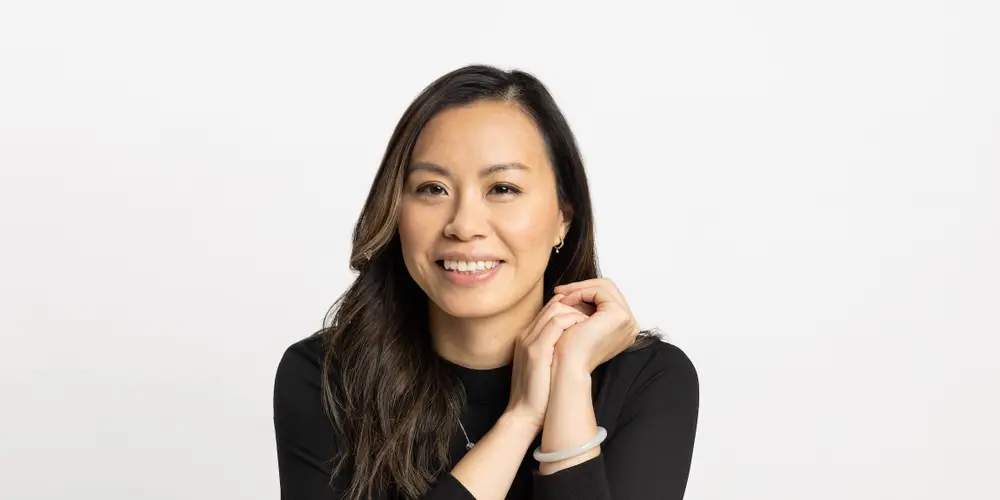By Leo Aquino
As the director of investments at Betterment, Mindy Yu helps hundreds of people invest in the market wisely and grow their wealth. But Yu herself comes from humble beginnings.
She grew up in Queens, New York, in a Chinese immigrant family who lived paycheck to paycheck. Yu’s father worked as a self-employed handyman, while her mother worked as a seamstress in Manhattan’s Chinatown. Her mother eventually had to leave her job as Yu and her two siblings needed more support when they started school.
“These were definitely not office-type jobs with a steady paycheck. I have a brother and an older sister, so we saw the struggles my mom and dad had working hard to provide for our family,” Yu tells Insider.
When it was time for Yu to go to college, she started exploring other industries, like fashion merchandising, before pursuing a career in finance. She says, “After I started understanding the power of investing, understanding how the finance industry can help people plan, save, and think about their financial futures, that was the lightbulb moment for me.”
She adds, “My experiences really transformed how I think about advice for clients, especially because you don’t want them to fall into the same traps of being fearful and not investing correctly. That’s always something that’s top of mind for me, learning from my mistakes and making sure that our clients don’t do the same thing.”
When asked what financial advice she would give her parents if she could turn back time, Yu said she would tell them these three things.
1. Focus on retirement planning
Yu says, “They were so focused on us and helping three children get through college, they did not focus on planning for their own retirement. They can’t only depend on Social Security benefits.”
While her parents didn’t necessarily have access to traditional retirement accounts like a 401(k) or Roth IRA, Yu wishes she had conversations with her parents about retirement planning earlier in life.
She adds, “It’s really not too late to start now and have those conversations with your parents. You can’t take a loan out later in the future to maintain your cost of living and healthcare costs. Those are going to consistently rise year after year, and that’s going to be a burden.”
2. Start an emergency fund
An emergency fund is three to six months’ worth of living expenses typically kept in a high-yield savings account that’s easy to access in case of an emergency.
Yu recognizes that her parents always wanted to save into an emergency fund, but that the odds were stacked against their family. She says, “It’s very difficult coming to this country without speaking English. That’s hard when you’re trying to make a living. It’s like being dropped in the middle of nowhere and not being able to communicate, which you need to try to survive and make a living.”
Yu remembers that her family used to drive an older car while she was growing up, and sometimes that car would break down in the middle of the highway. If she could go back in time, Yu would explain to her parents the importance of having a dedicated emergency fund for those times their car broke down on the highway.
3. Invest any extra cash savings
Yu wishes her parents had started investing in the stock market earlier.
She says, “When my parents were trying to save and they were trying to get adjusted here in the US, they didn’t have a lot of money and financial planning services are really expensive. No one would talk to you if you didn’t have a certain amount to work with.”
The language barrier also made it difficult for Yu’s parents to access basic personal finance skills, like investing and planning for retirement, that would have made a huge difference in their family’s life.
Yu adds that older generations within Asian American communities tend to be more conservative investors. She says, “I think the community always focuses on saving dollar per dollar, instead of focusing on what that dollar looks like if you invested in the market. There’s just not enough literacy and motivation for the older generation to do that.”
See Original Article at Business Insider



